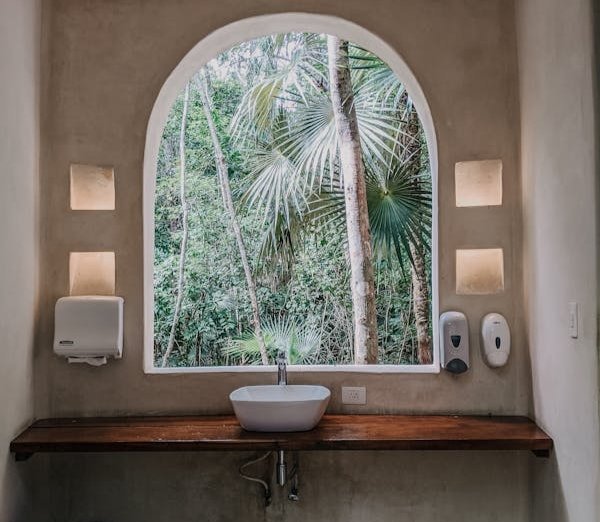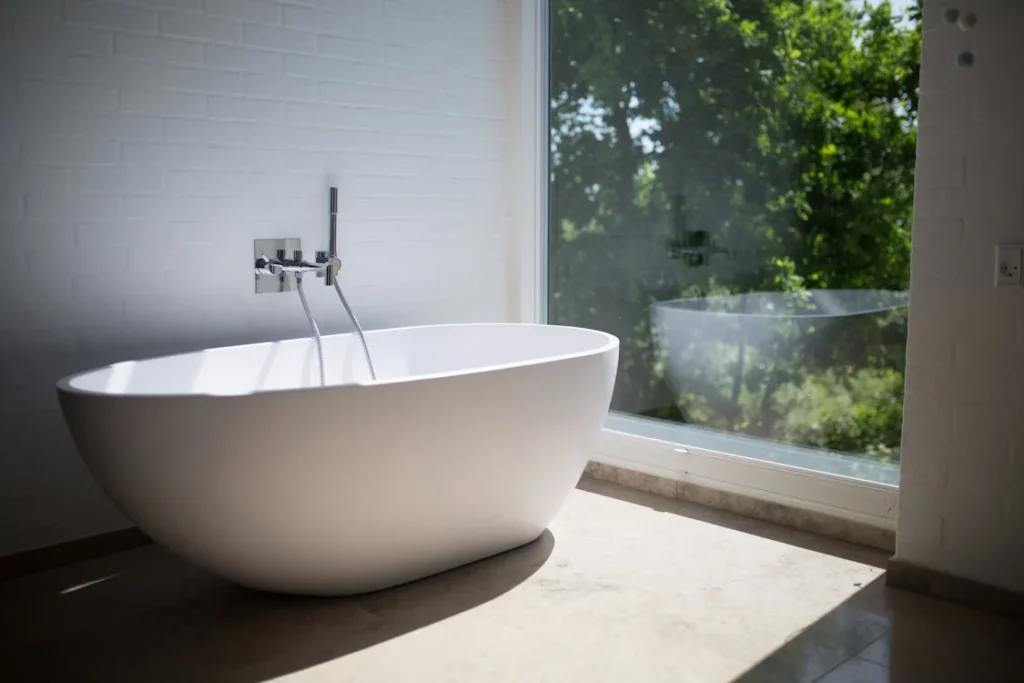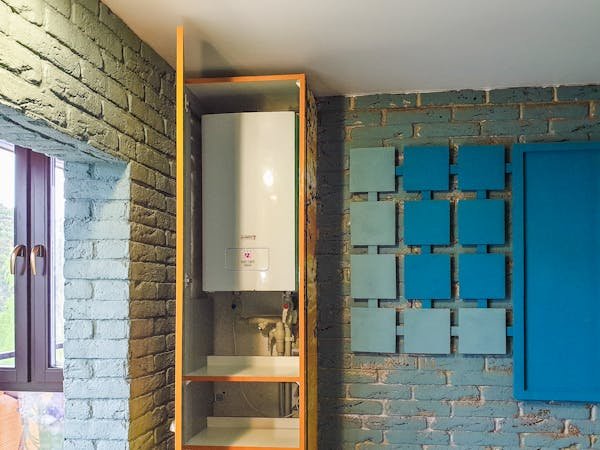
There can be no better way to bathe with hot water in the winter season than a Tankless water heater. Normal tank water heaters cannot supply enough water due to their limitations. But tankless water heaters can provide a continuous water supply. So if you want to take a bath with sufficient water consumption, then there can be no better option than a Tankless water heater. So if you go to how to choose the right Tankless water heater, then it will meet the demand for hot water and use it for many years. But if you don’t know how to choose the right tankless water heater, then don’t worry we will teach you how to choose the perfect tankless water heater. Let’s find out:
Understanding Tankless Water Heaters
1. How Tankless Water Heaters Work:
Tankless water heaters, also known as on-demand or instantaneous water heaters. Such water heaters supply water continuously without storing water in the tank. Water is heated in two ways in a Tankless Water Heater. One is through gas and the other is through electricity. When you turn on the tank for hot water, the cold water enters through the pipe on one side, and the hot water comes out on the other side. As a result, even if you have to wait for hot water in the storage tank, you don’t have to wait for water in the Tankless Water Heater.
2. Advantages of Tankless Water Heaters
Energy Efficiency: Tankless water heaters are more energy-efficient than traditional tank heaters because they only heat water when needed.
Endless Hot Water: Tankless water heaters can provide endless hot water on demand. So, if your family is big, then these types of heaters are ideal for you.
Space Savings: Since tankless water heaters do not have a tank, they do not require much space to install.
Longer Lifespan: If you can use the heaters with proper maintenance, then you can use them for ages.
3. Disadvantages of Tankless Water Heaters
Higher Initial Cost: Generally, their price is much higher than tank water heaters due to extensive facilities.
Complex Installation: Since the installation process of a Tankless Water Heater is complex, you need to hire professional people. Especially if you want to use a gas tankless water heater.
Factors to Consider When Choosing a Tankless Water Heater
1. Fuel Type:
A Tankless Water Heater operates through two types of heating. One is gas and the other is electricity.
Gas Tankless Water Heaters:
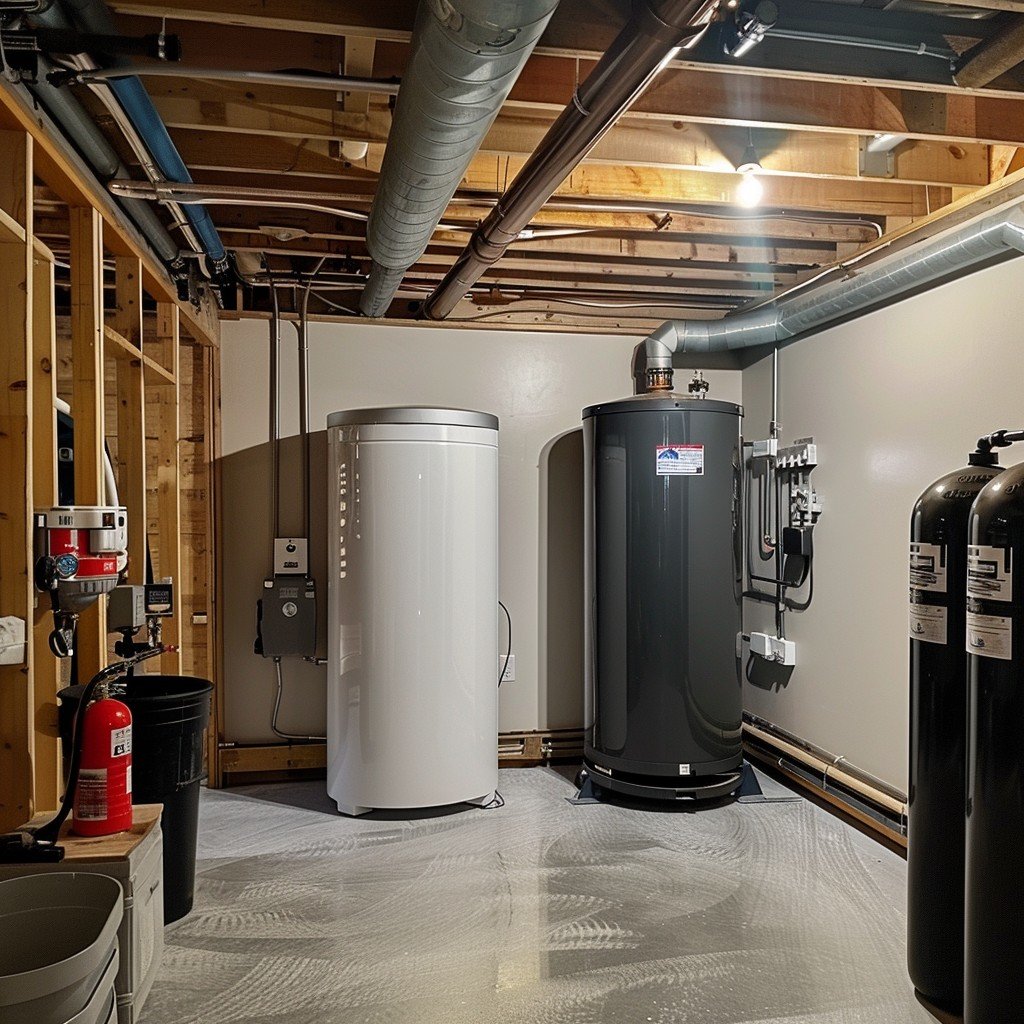
Advantage: Gas tankless water heaters can heat much more water than electric water heaters. This makes them perfect for large families or office use. Gas water heaters usually heat water faster than electric heaters. This is because gas burners can produce high levels of heat quickly. So if you have high hot water needs, these may be convenient for you. If you have a gas supply, gas water heaters can continue to operate during power outages. As a result, you don’t have to suffer for hot water in areas where electricity is a problem.
Consideration: Ventilating space around the heater is required to exhaust the gas from the heater, which can complicate the installation process and increase costs. On the other hand, their price is higher than the electric heater. Gas water heaters generally require more maintenance than electric models, with particular attention to burners and venting systems. If not installed properly, the gas water heater can be full of danger. Although some gas heaters can be installed inside the house, most heaters should be installed outside the house for safety.
Electric Tankless Water Heater:
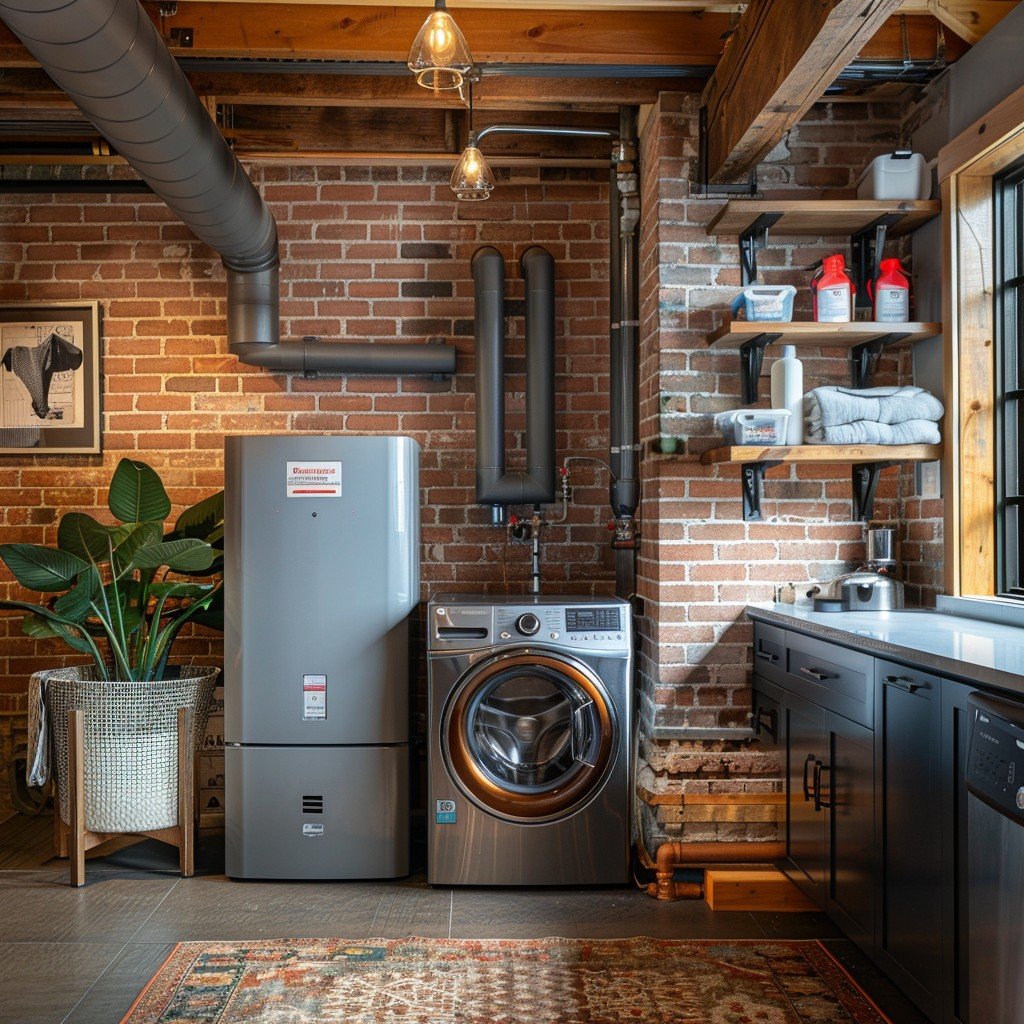
Advantage: Since Electric Tankless Water Heaters do not require venting or gas lines, their installation process is very simple and they are affordable. As they do not use gas, there is no risk of gas leakage, so you can rest assured. Moreover, they do not require as much maintenance as gas water heaters.
Consideration: Electric water heaters generally take longer to heat water than gas water heaters. Moreover, they may not be suitable for general office or large family use. Another disadvantage of these is that electric water heaters do not work during power outages. As a result, it is better not to use them in those areas where there are outage problems.
2. Size and Flow Rate:
Determining the correct size and flow rate of a tankless water heater is crucial. It can meet your family’s hot water needs.
Calculating Flow Rate:
To calculate the flow rate of a tankless water heater, it is calculated by how many gallons of water per minute it can deliver, abbreviated as GPM, to calculate how many gallons of water your home needs, here is a statistic:
Shower: 1.5 – 2.5 gpm
Kitchen faucet: 1.0 – 2.2 gpm
Bathroom faucet: 0.5 – 1.5 gpm
Dishwasher: 1.5 – 2.0 gpm
Washing machine: 2.0 – 2.5 gpm
Add the flow rates of the fixtures you plan to use at the same time to determine the total GPM required. For example, if you want to run a shower (2.0 GPM) and a dishwasher (1.5 GPM) at the same time, you’ll need a tankless water heater with a flow rate of at least 3.5 GPM.
Temperature Rise:
Another thing to keep in mind after deciding on the hot water flow rate is the degree to which you need the heater to raise the temperature. Most people prefer to use water at 120°F. In that case, if your home’s cold water temperature is 50°F, you need to increase the water temperature to 70°F.
Sizing Guide:
A small house or apartment uses 3 – 5 GPM of water.
6 – 8 gpm in medium-sized homes.
Large homes or homes with high hot water demand will require 9+ GPM of water.
3. Installation Requirements:
Be it an electric tankless water heater or a gas water heater, the installation process for both is complicated. So if you are not experienced to install them, then don’t go for installation. Although electric tankless water heaters are somewhat easy to install, gas tankless water heaters are not at all easy to install. So keeping your and your family’s safety in mind, get the water heater installed by a professional.
4. Maintenance and Longevity:
Regular maintenance will make your water heater last longer and maintain its efficiency.
Descaling: Hard water can build up minerals in the heat exchanger, reducing the performance of your heater. Regular descaling or flushing of the unit is required to remove accumulated minerals.
Tankless water heaters are manufactured by different companies. As a result, their handling and cleaning process is also different. So follow the instructions provided with the heater for best maintenance.
Popular Tankless Water Heater Brands
Several reputable brands manufacture reliable and efficient tankless water heaters. The names of some popular companies among them are presented to you:
1. Rinnai:
Rinnai is known for manufacturing high-quality gas tankless water heaters with advanced technology and energy-efficient features. Rinnai manufactures heaters keeping in mind the adequate water needs of different families.
2. Rheum:
RIM offers gas and electric tankless water heaters with reliable performance. Their heaters are known for easy installation and maintenance.
3. Noritz:
Noritz specializes in energy-efficient gas tankless water heaters with a focus on environmentally friendly technology. They make heaters keeping in mind the demand for water in homes or offices.
4. EcoSmart:
EcoSmart Company is known for making budget-friendly electric tankless water heaters. They make heaters capable of heating enough water for home use.
5. Bosch:
Bosch is renowned for making gas and electric tankless water heaters with durability and performance. Their heaters are specially designed for easy installation and maintenance.






